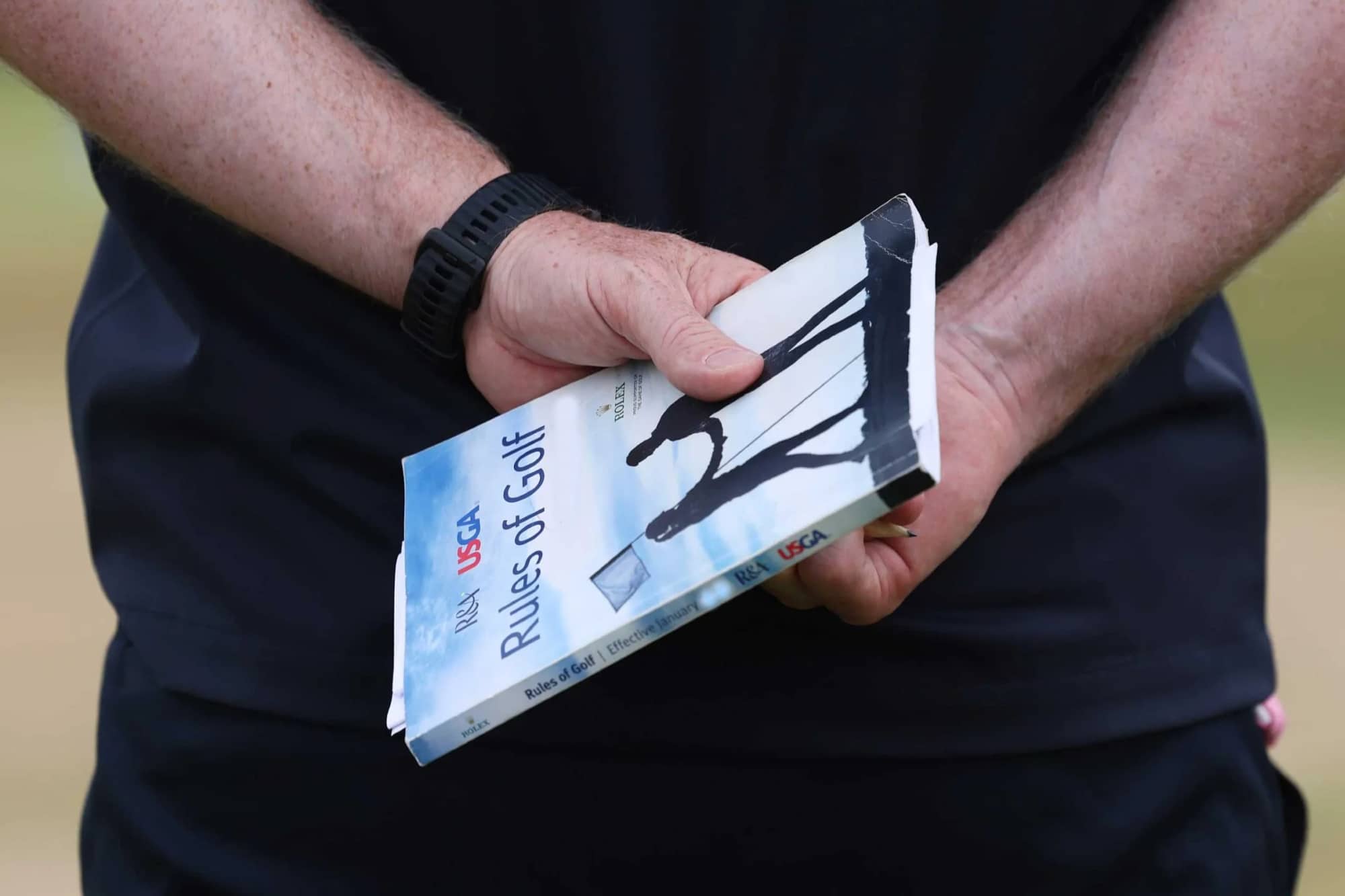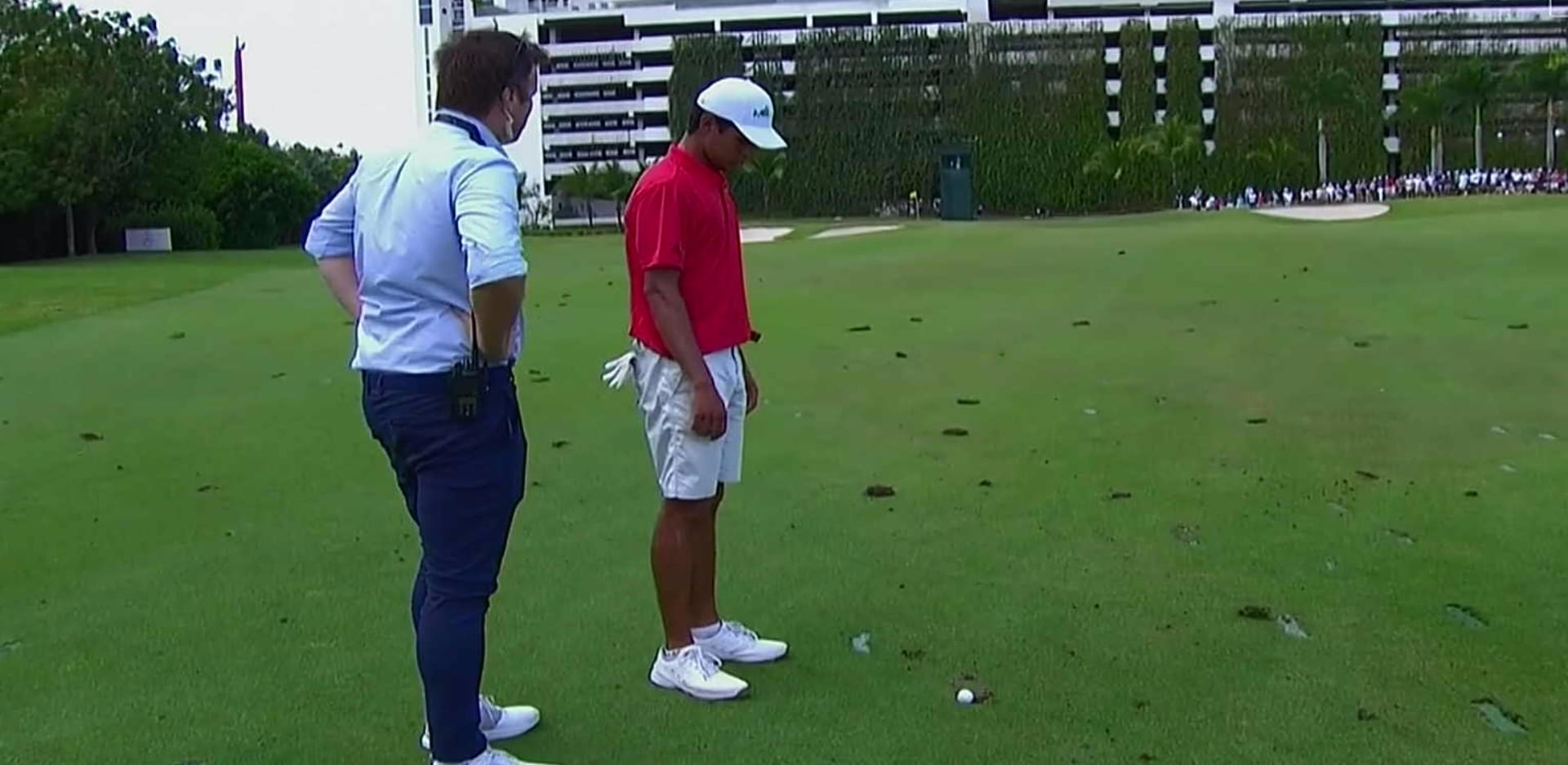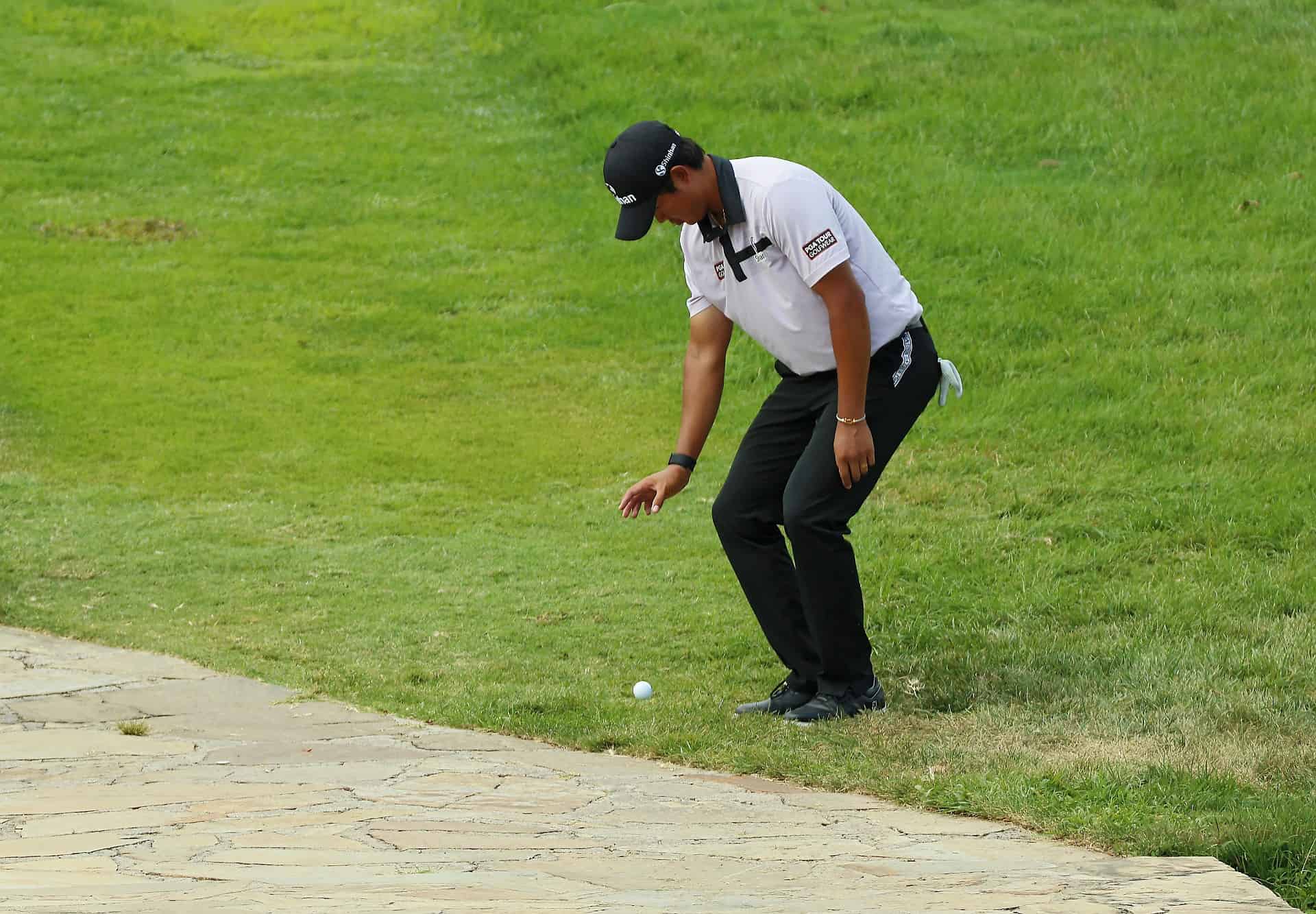
Three things you might not know about Stableford rules
They’re so dominant now in the calendar that the Stableford is almost synonymous with a club competition. It’s no real surprise. Have a nightmare on one hole in a medal and your day is basically over. In a Stableford, simply put down zero or a dash on the card and move on. It doesn’t necessarily define your event.
But did you know that there are subtle differences between Medal and Stableford when it comes to the Rules of Golf?
They are covered in Rule 21 so, points aside, let’s look at a trio of things you might not have known about Stableford if you hadn’t been peeking in the book…
You are only responsible for your gross score
Your committee might like you to add up your points totals, they can encourage that you do so as part of their Terms of Competition and they can even sanction you if you repeatedly refuse.
But you can’t be disqualified from a competition, or have a penalty applied under the Rules of Golf, if you don’t.
Your responsibilities are to enter your holes scores on the scorecard – either with the actual score if you’d get points, or showing no score or any score that would result in zero points being awarded – and to make sure both you and your marker have signed that scorecard.
Adding up the points, and applying handicap strokes to the scores entered for each hole before working out the points total, is actually down to the committee. So don’t worry if you’ve totted up the points wrongly. As long as you’ve got your hole scores right you’ll be fine.
You won’t be disqualified for all sorts of things that you’d be booted out for in a medal
One of these is obvious: failure to hole out. A big no-no in a medal, you’ll just get zero points for the hole if you pick up in a Stableford because you can’t score. We’ve all done it and, indeed, we’re even encouraged to do so.
But that same premise applies to a few other penalties that would have you ripping your scorecard up elsewhere.
These are:
– Not correcting the mistake of playing from outside the teeing area when starting a hole
– Playing a wrong ball and not fixing the error
– Playing from a wrong place, when it is a serious breach, and not correcting the mistake
Penalties can be dished out in points instead of strokes for certain breaches
Let’s say you’re on the course and you suddenly discover you’ve got 15 clubs. You’d usually get a two-stroke sanction for each hole where there was a breach, up to a maximum of four shots.
Here – and this bit is important – the committee will deduct two points if it’s one hole, or four points if it applies to two or more holes “from the player’s total points for the round”.
A similar thing happens if you don’t start your round on time. If you go within five minutes early, or arrive up to five minutes late, you’d normally tack on two strokes to your score for the first hole.
Now, the committee will deduct two points from the round total.
And if you unreasonably delay play, it’s one point for the first breach and an additional two for the second breach – all deducted from your total by the committee. Any more and it’s time to depart.
So, in each of these cases, you have to go and tell the committee what happened before returning your scorecard so they can apply the penalty.
If you don’t, you’ll get disqualified.
- MORE ON STABLEFORD SCORING: How does it work?
Subscribe to NCG
Steve Carroll

A journalist for 25 years, Steve has been immersed in club golf for almost as long. A former club captain, he has passed the Level 3 Rules of Golf exam with distinction having attended the R&A's prestigious Tournament Administrators and Referees Seminar.
Steve has officiated at a host of high-profile tournaments, including Open Regional Qualifying, PGA Fourball Championship, English Men's Senior Amateur, and the North of England Amateur Championship. In 2023, he made his international debut as part of the team that refereed England vs Switzerland U16 girls.
A part of NCG's Top 100s panel, Steve has a particular love of links golf and is frantically trying to restore his single-figure handicap. He currently floats at around 11.
Steve plays at Close House, in Newcastle, and York GC, where he is a member of the club's matches and competitions committee and referees the annual 36-hole scratch York Rose Bowl.
Having studied history at Newcastle University, he became a journalist having passed his NTCJ exams at Darlington College of Technology.
What's in Steve's bag: TaylorMade Stealth 2 driver, 3-wood, and hybrids; TaylorMade Stealth 2 irons; TaylorMade Hi-Toe, Ping ChipR, Sik Putter.










